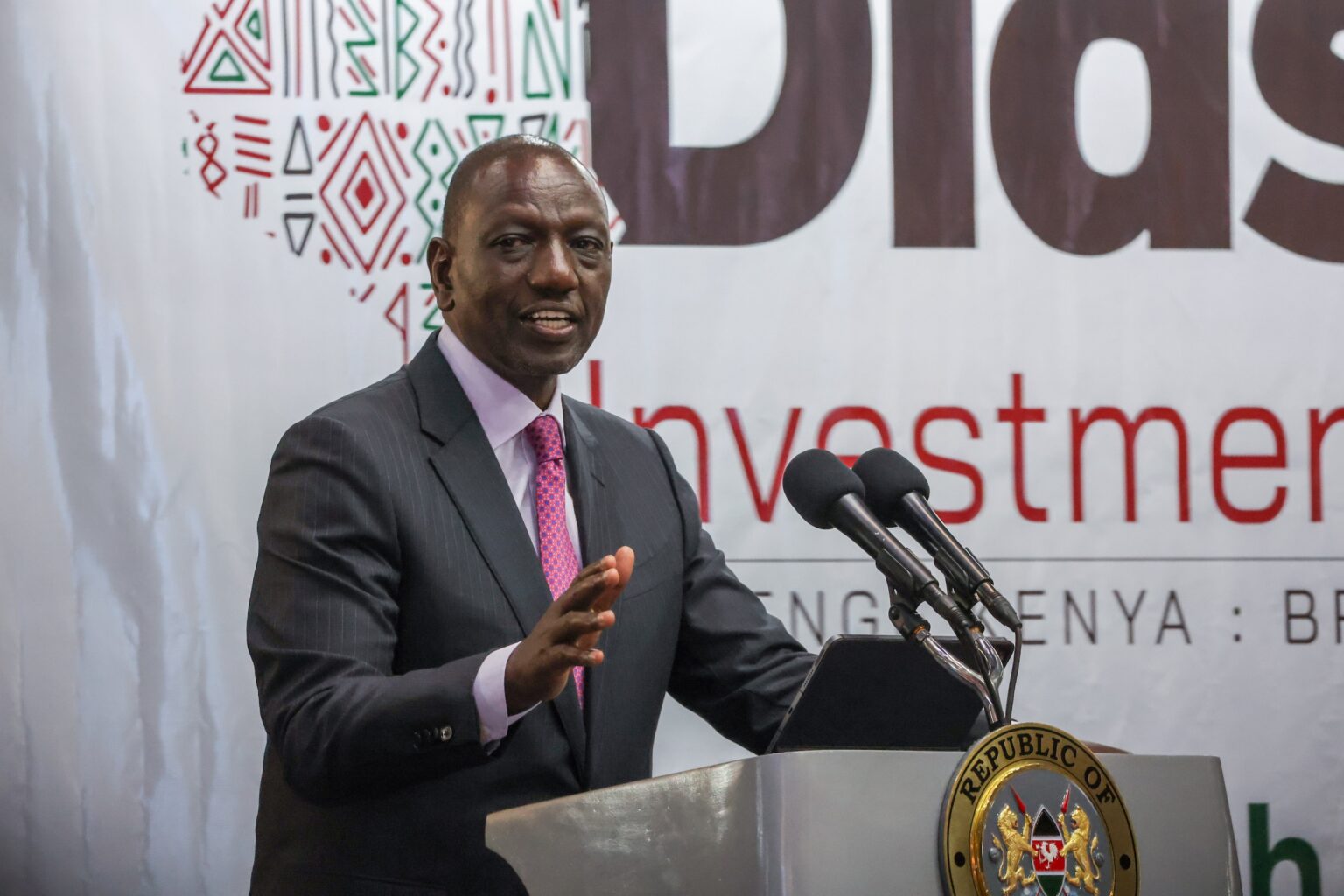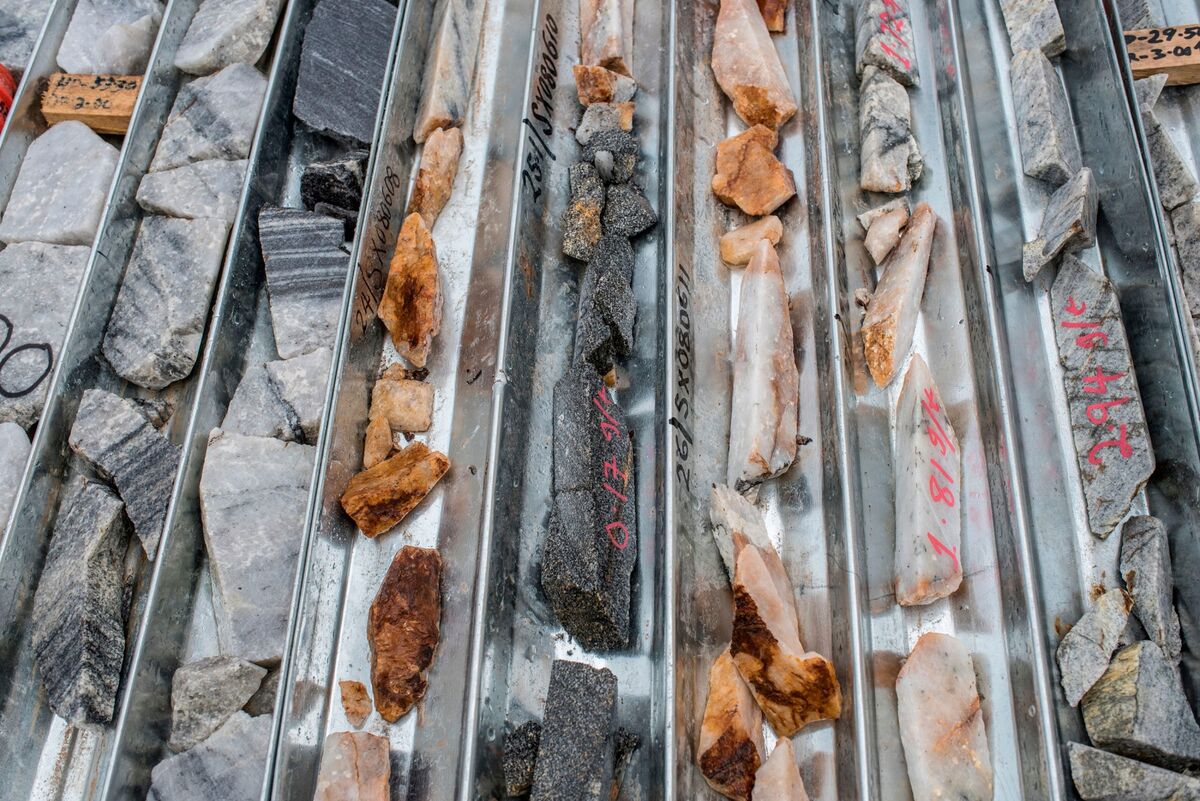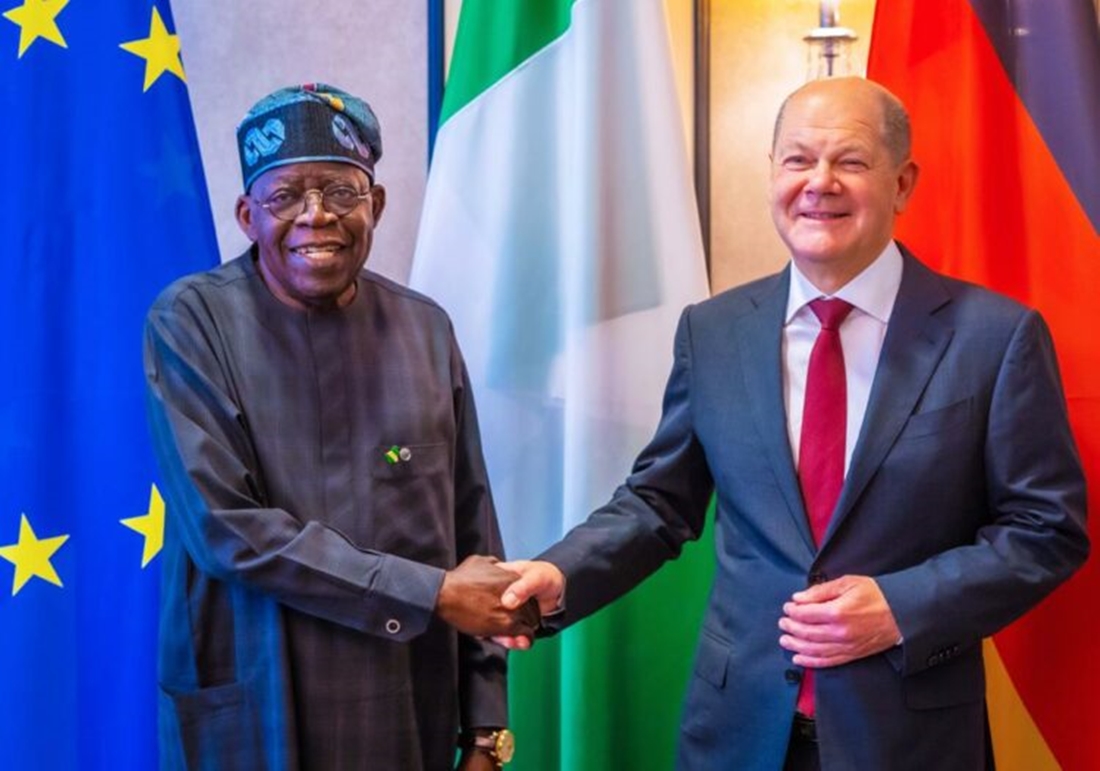President William Ruto has announced the implementation of robust measures aimed at promoting local investment by the Kenyan Diaspora. Recognising the significant role that Kenyans living abroad play in the country’s development, President Ruto highlighted their contributions, particularly through remittances, which have surpassed the performance of major exports.
During the Diaspora Investment Conference held in Nairobi on Wednesday, President Ruto expressed the government’s commitment to creating a seamless network that facilitates, promotes, and supports Diaspora investment in Kenya. Emphasising the importance of harnessing the potential of Kenyans abroad, he outlined plans to leverage their knowledge, skills, and technology transfer for the benefit of the nation.
The government is implementing the Global Labour Market Strategy, aiming to facilitate employment opportunities for Kenyan youth abroad. This strategy seeks to connect skilled Kenyan workers with international job markets, enabling them to contribute to the economy while gaining valuable experience. President Ruto highlighted that this initiative would not only benefit individuals but also promote the transfer of knowledge and technology upon their return to Kenya.
In addition to fostering employment opportunities, President Ruto announced the establishment of Special Economic Zones (SEZs) to attract foreign direct investments and expand job prospects within the country. The government has allocated funds for infrastructure development in six SEZs, aiming to create an environment that offers incentives to investors while enhancing Kenya’s manufacturing and export capacities.
“Our goal is to expand job opportunities both locally and abroad for our youth,” President Ruto affirmed. By promoting Diaspora investment and establishing SEZs, the government aims to stimulate economic growth, create employment opportunities, and strengthen Kenya’s position as a favourable investment destination.
The measures announced by President Ruto underscore the government’s commitment to leveraging the potential of the Kenyan Diaspora for the country’s development. By fostering collaboration and creating supportive frameworks, the government aims to harness the skills, knowledge, and financial resources of Kenyans abroad to drive economic progress and empower the nation’s youth.




